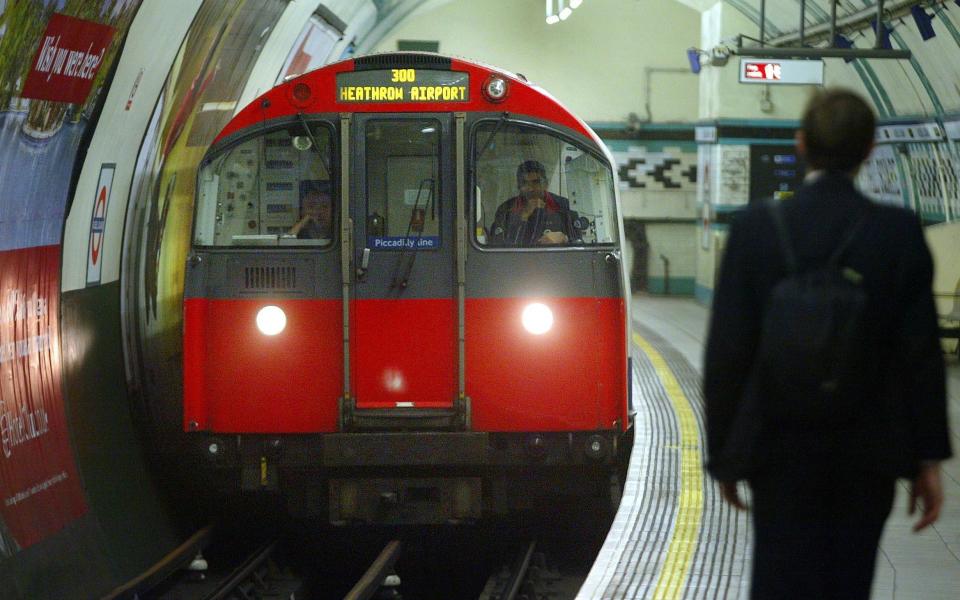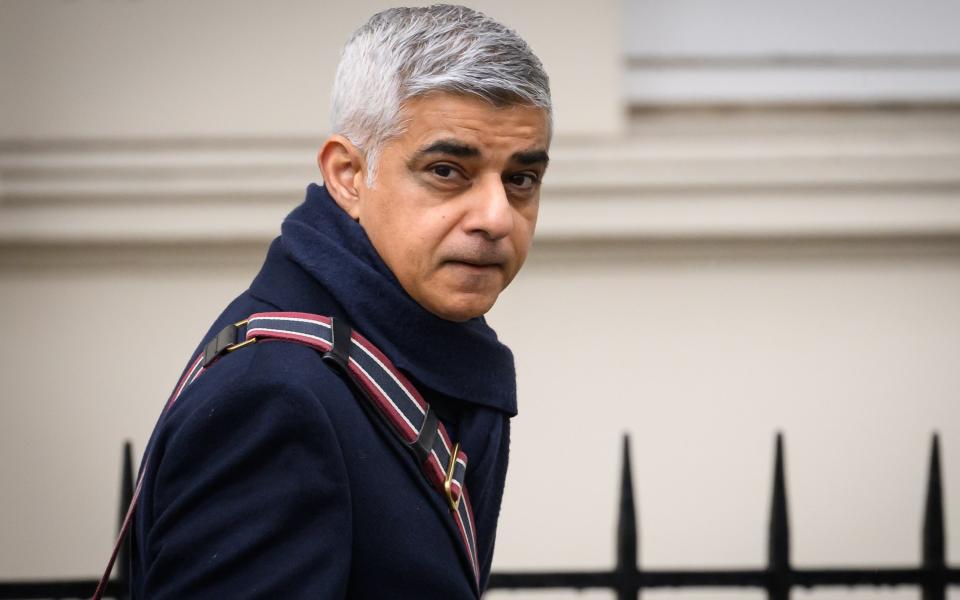What Tube drivers don’t want you to know about their pay

London Underground strikes have been suspended following progress in talks over a pay dispute, but the capital could still grind to a halt if a deal is not agreed by union members.
Strikes were called off at the final hour on Sunday after Mayor of London Sadiq Khan put forward a revised pay offer – but as workers prepare to vote on the deal, a crucial part of their remuneration is being ignored: their pensions.
Tube drivers have a rare type of pension that is so generous they can retire on an income worth almost three-quarters of their salary.
This comes on top of salaries worth close to two times more than the national average.
Transport for London workers have defined benefit pensions, which guarantee an income in retirement until death.
These schemes are so expensive for employers to maintain that they have largely disappeared from the private sector, where most workers have inferior defined contribution pensions. These fluctuate in value and can risk running out of money.
A 21-year-old train operator, who works until the age of 65 on the current base salary of £58,000, would build a pension worth £42,500 per year even without any pay rises, according to calculations from the broker AJ Bell. This would represent almost three-quarters of their salary.
Tom Selby, from AJ Bell, said: “Defined benefit pension schemes are exceptionally valuable for those who receive them and have proven cripplingly expensive for employers to maintain, which is why they have pretty much died out in the private sector.
“Given how precious these pensions are, it is not surprising trade unions are fighting tooth and nail to protect them.”
The “normal” retirement age in TfL’s pension scheme is 65, one year earlier than the current state pension age. Most workers have to wait until they reach state pension age to be able to afford to retire.
Train operators, engineers and fleet maintenance workers were among RMT members who planned to leave their posts this week.

Following a decision to call off strike action, RMT general secretary Mick Lynch said: “Following further positive discussions today, the negotiations on a pay deal for our London Underground members can now take place on an improved basis and mandate with significant further funding for a settlement being made available.
“This significantly improved funding position means the scheduled strike action will be suspended with immediate effect and we look forward to getting into urgent negotiations with TfL in order to develop a suitable agreement and resolution to the dispute.”
Service control workers earn at least £50,000. If they also worked from age 21 to 65 in this role with no pay rise, they would build up a pension worth £36,667 per year, AJ Bell estimated.
The Mayor of London Sadiq Khan has faced calls to enforce the new Strikes (Minimum Service Levels) Act, which would give him the power to intervene in the strike action and ensure minimum service levels on London Underground.
The act has met fierce opposition from the trade unions, who have condemned it as a “direct attack” on the right to strike.
An independent review into TfL’s pension scheme in 2022 found that moving from the “final salary” model to the less generous “career average” system could save as much as £154m a year, but could come at the expense of workers’ retirement income. However, there are currently no proposals for a change.
Mr Lynch said at the time that if these proposals were implemented, workers could be expected to pay more, receive less and work for longer in order to receive the same level of pension they would currently receive.
A TfL spokesperson said: “The Mayor was able to provide additional funds to enable discussions with the unions to continue. This intervention has been discussed with the unions, and the RMT union has now suspended the planned strike action.
“However, as the action has been suspended at this late stage, Londoners will still face disruption on Monday and we advise all customers to check for the latest travel information.
“We will now meet with representatives of all the unions to agree on the best way for this funding to be used to resolve the current dispute. We will also seek to meet as soon as possible with the unions representing TfL staff.”
Recommended
‘I’m a 38-year-old train driver earning £90,000 – I want to be a landlord next’

 Yahoo Finance
Yahoo Finance 